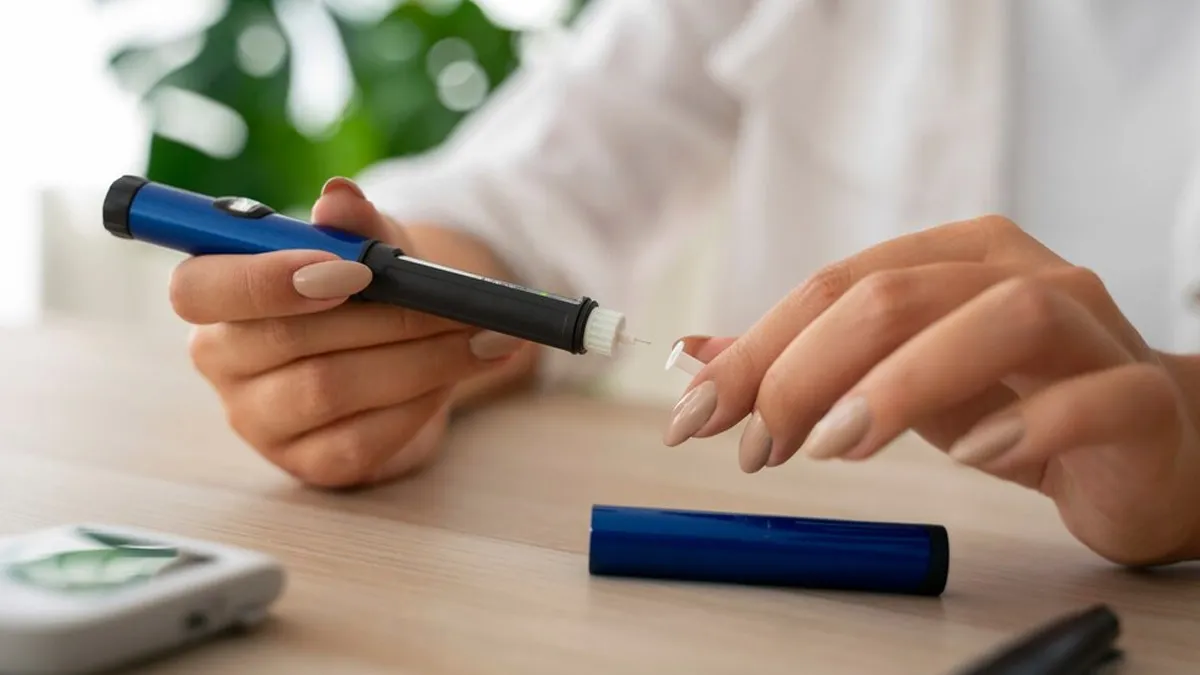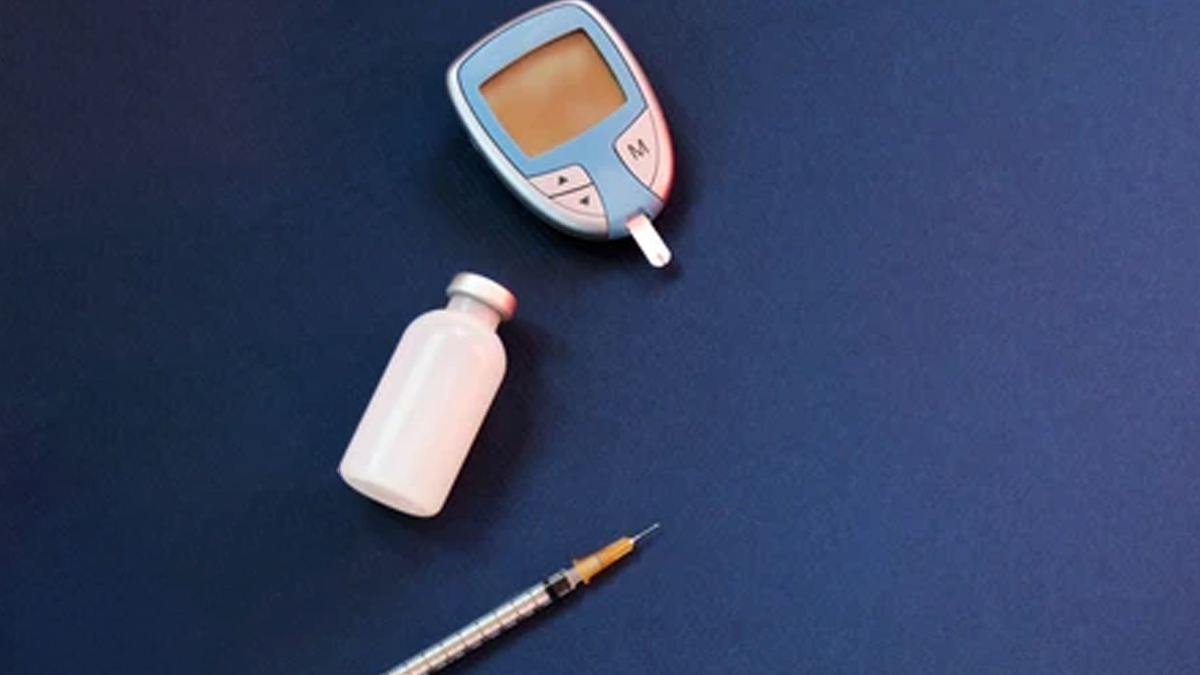
We all know about the two main types of diabetes: type 1 and type 2. While type 1 diabetes is an autoimmune disease wherein the pancreas does not produce insulin, type 2 diabetes is more lifestyle-related and occurs when your body doesn't use insulin properly.
Table of Content:-
Some of us are also aware of gestational diabetes, which occurs only during pregnancy. But are you familiar with diabetes caused by anti-inflammatory medicines like steroids? According to research published in Pharmacological Reports, the incidence of steroid-induced high blood sugar is said to be around 40-50%.
To understand what steroids are, why they’re administered, and how they impact blood sugar levels, OnlyMyHealth interacted with Dr Shobha Subramanian-Itolikar, Consultant-Internal Medicine, Fortis Hospital, Mulund.
Also Read: What Immediate Steps You Should Take If You Are Diagnosed With Pre-Diabetes
What Are Steroids?

"Steroids are basically anti-inflammatory drugs, which are recommended by healthcare professionals in conditions where the conventional anti-inflammatory drugs like non-steroidal drugs don't work," said Dr Subramanian. These medications are used to treat health problems such as allergies, asthma, Inflammatory Bowel Disease (IBD), Addison's disease, and rheumatoid arthritis.
Can Steroids Cause Diabetes?

Steroids are a major cause of high blood sugar, or hyperglycemia. According to a 2015 study published in the World Journal of Diabetes, steroids worsen existing diabetes and can also cause diabetes in people who didn't have it before starting steroid treatment. Researchers reported incidence reaching up to 46% of patients, with blood sugar levels increasing by as much as 68%.
“Steroids can impair the body's glucose tolerance by decreasing the uptake of glucose into muscle cells and the liver while simultaneously increasing the liver's production of glucose (glycogen),” explained Dr Subramanian, adding that this combination of effects can lead to elevated blood sugar levels, contributing to the development of what's known as steroid-induced diabetes.
According to the doctor, steroid-induced diabetes usually reverses after steroid usage is stopped. However, if there is significant weight gain while on steroids and this weight is not lost, then it can progress to long-term diabetes.
How To Reduce The Risk Of Steroid-Induced Diabetes?

If you’re on steroids, it is important to simultaneously watch out for any diabetes-related symptoms, which can prompt you to take immediate actions. Common signs include increased thirst, increased hunger, increased urination, reduced body weight, and non-healing infections.
However, there are ways you can reduce your risk of developing steroid-induced diabetes.
This starts by eating right and doing regular physical activity. “While on steroids, diet will definitely help in the sense that we should consume a high-fibre, high-protein diet and reduce intake of fats and carbohydrates. By consuming at least 50 percent fibre in our daily diet, we can definitely keep away our carbohydrate cravings,” Dr Subramanian recommended.
She further advised drinking a lot of water, sleeping well, and engaging in regular exercise - high-intensity, brisk walking or exercise for at least 5 days a week - which can help manage blood sugar levels while on steroids.
For those taking steroid therapy, regular consultation with doctors is of utmost importance. If steroids aren’t really helping, not serving the purpose, or if it is causing noticeable side effects like weight gain, water retention, frequent infections, high blood pressure, or high blood sugar, then one should definitely approach their healthcare provider.
Also watch this video
How we keep this article up to date:
We work with experts and keep a close eye on the latest in health and wellness. Whenever there is a new research or helpful information, we update our articles with accurate and useful advice.
Current Version